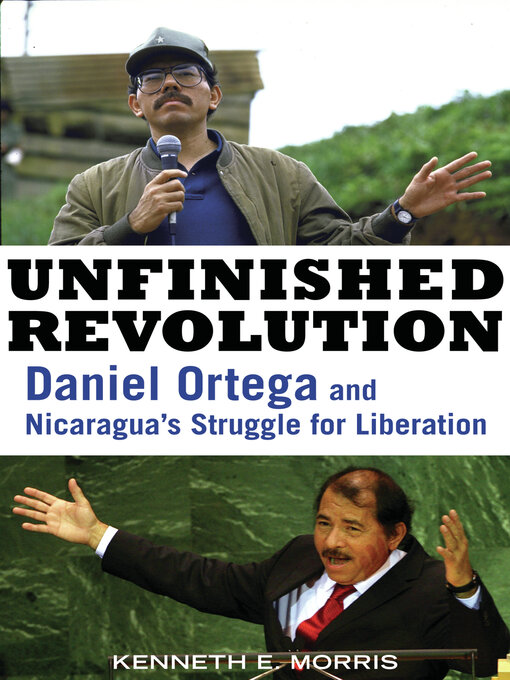Together with his brother Humberto, Daniel Ortega Saavedra masterminded the only victorious Latin American revolution since Fidel Castro's in Cuba. Following the triumphant 1979 Nicaraguan revolution, Ortega was named coordinator of the governing junta, and then in 1984 was elected president by a landslide in the country's first free presidential election. The future was full of promise.
Yet the United States was soon training, equipping, and financing a counterrevolutionary force inside Nicaragua while sabotaging its crippled economy. The result was a decade-long civil war. By 1990, Nicaraguans dutifully voted Ortega out and the preferred candidate of the United States in. And Nicaraguans grew poorer and sicker.
Then, in 2006, Daniel Ortega was reelected president. He was still defiantly left-wing and deeply committed to reclaiming the lost promise of the Revolution. Only time will tell if he succeeds, but he has positioned himself as an ally of Castro and Hugo Chávez, while life for many Nicaraguans is finally improving.
Unfinished Revolution is the first full-length biography of Daniel Ortega in any language. Drawing from a wealth of untapped sources, it tells the story of Nicaragua's continuing struggle for liberation through the prism of the Revolution's most emblematic yet enigmatic hero.


